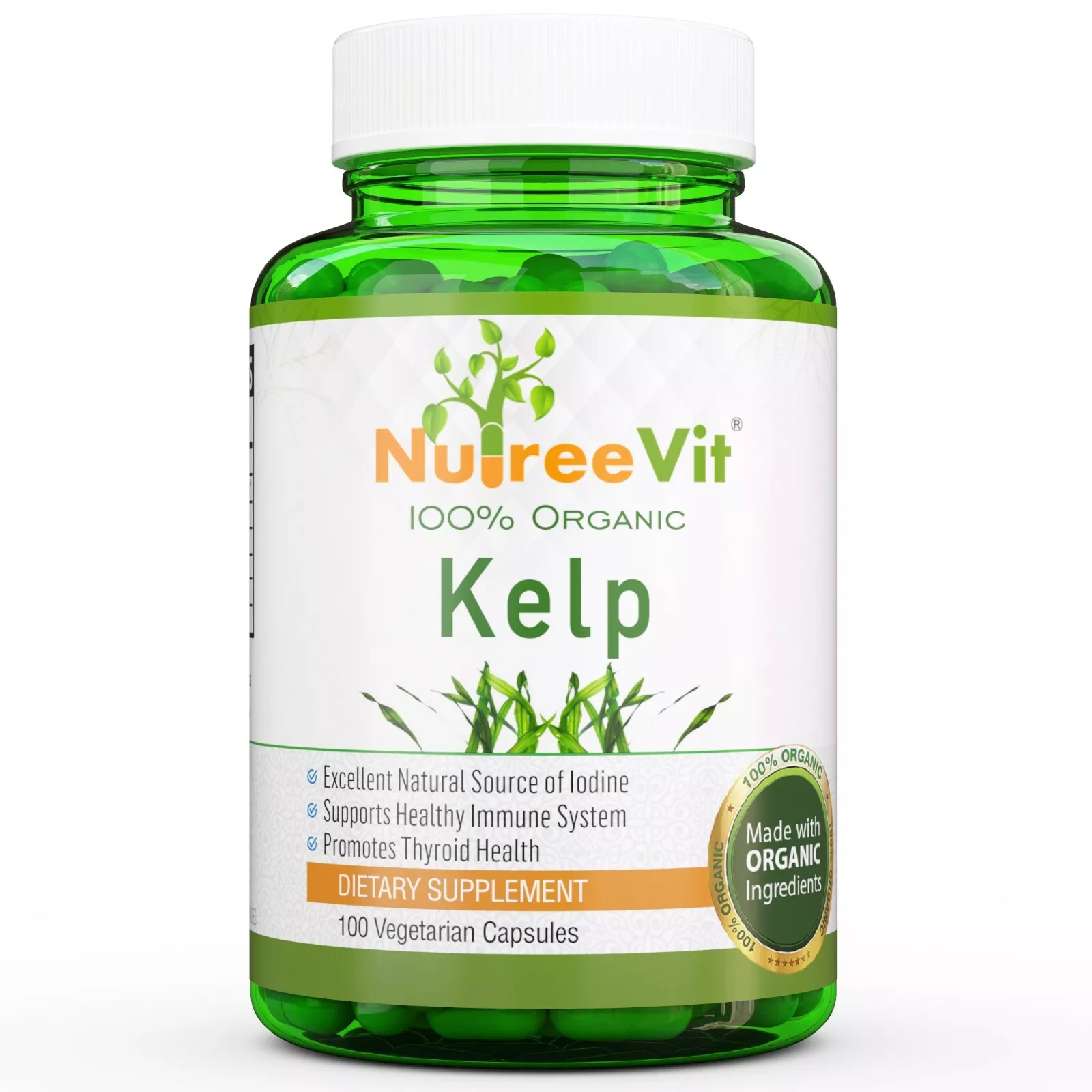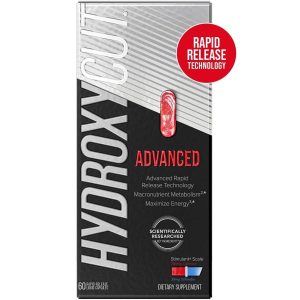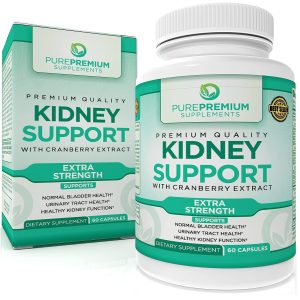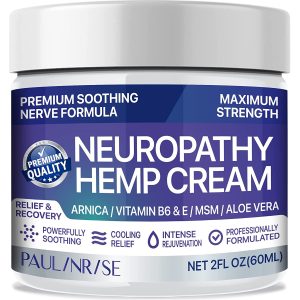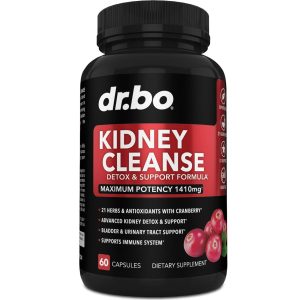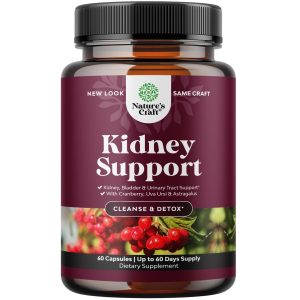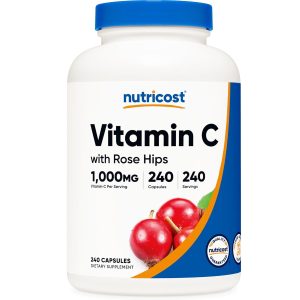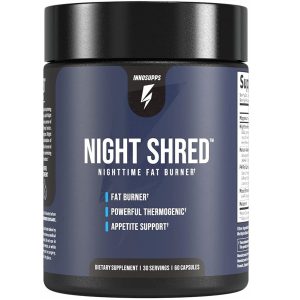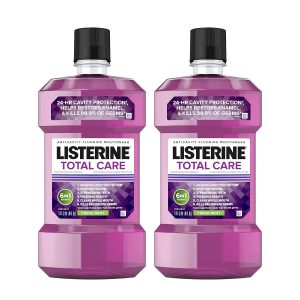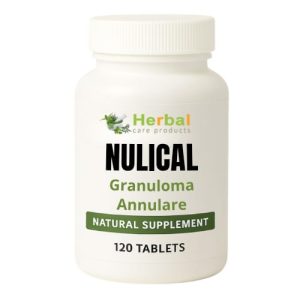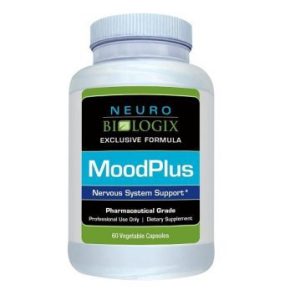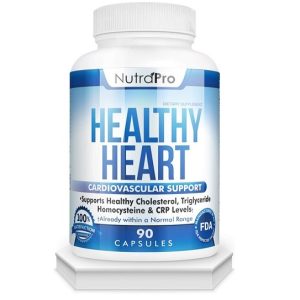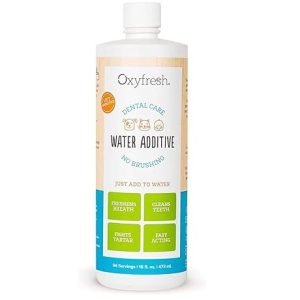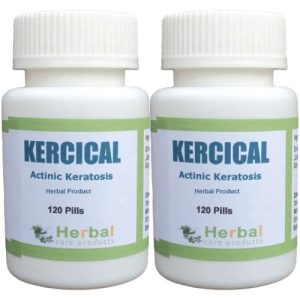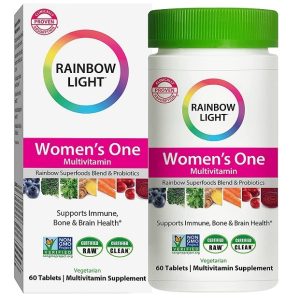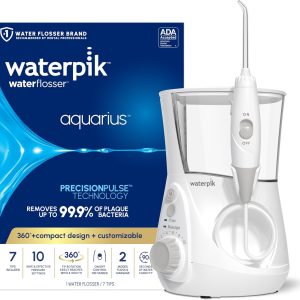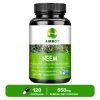No products in the cart.
Return To Shop 0 Cart $0.00 0
No products in the cart.
Return To Shop Shopping cart (0)
Subtotal: $0.00
Free shipping over 299$
$32.50
- Brand: Nutreevit
- Condition: New
- Formulation: Capsules
- Number of Pills: 100 Capsules
- Ingredients: Kelp
- Type of Diet: Herb
- Main Purpose: Dietary Supplement
- Purpose: Weight Management, Good Health
Item Description from the Seller
Tips about Kelp
You may have seen this marine plant at the beach. Kelp is a type of large brown seaweed that grows in shallow, nutrient-rich saltwater, near coastal fronts around the world. It differs slightly in color, flavor, and nutrient profile from the type you may see in sushi rolls.
Nutritional Benefits
Because it absorbs the nutrients from its surrounding marine environment, kelp is rich in:
- Vitamins
- Minerals
- Trace Elements
- Enzymes
It is often considered a ‘Superfood’ due to its significant mineral content. It’s especially concentrated in iodine, which is important for optimal thyroid function and metabolism.”
The National Institutes of Health (NIH) say that seaweed such as kelp is one of the best natural food sources of iodine, an essential component in thyroid hormone production. A deficiency in iodine leads to metabolism disruption and can also lead to an enlargement of the thyroid gland known as goiter.
The key is to get a moderate amount to raise energy levels and brain functioning.
Kelp contains notable amounts of:
- Iron
- Manganese
- Calcium
- Magnesium
- Copper
- Zinc
- Riboflavin
- Niacin
- Thiamin
- Vitamins A, B-12, B-6, and C
The benefits of these vitamins and nutrients are substantial. B vitamins in particular are essential for cellular metabolism and providing your body with energy. According to some Medical Centers, kelp has more calcium than many vegetables, including kale and collard greens. Calcium is important to maintain strong bones and optimal muscle function.
Related Product: Best Vitamins and Supplements Products
Related products
More
More

